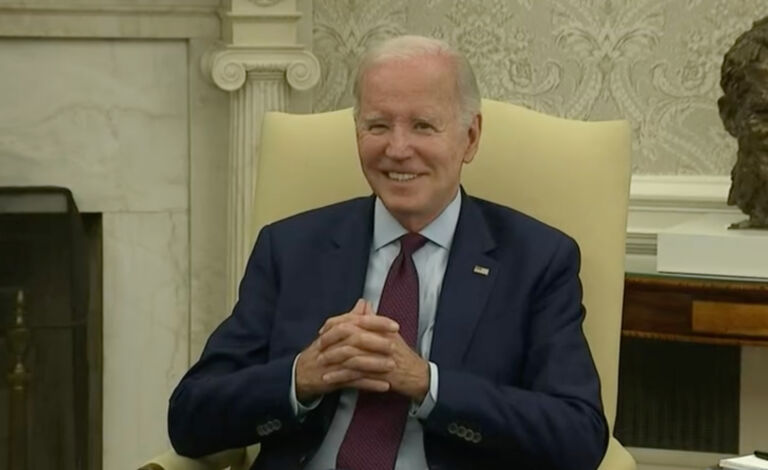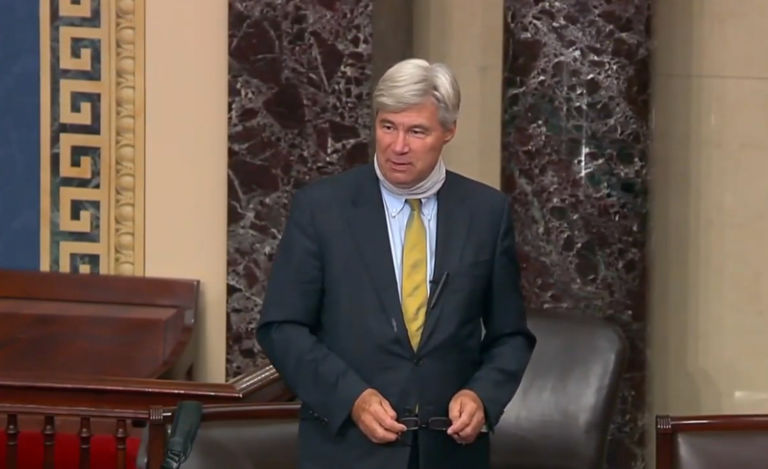Josh Blackman, who teaches constitutional law at the South Texas College of Law in Houston, was a plaintiff in a class action lawsuit that accused a fitness center operator of overcharging its customers. When the attorneys representing the class entered into an agreement under which the fitness center operator paid almost $1,000,000 more to the lawyers than to the clients they represented, Josh filed a lawsuit of his own. In a recent blogpost, Ilya Shapiro explains why the Cato Institute has filed an amicus brief in the case:
Class actions play a vital role in our legal system. These lawsuits are often the only vehicle for injured plaintiffs to receive compensation when a defendant’s wrongs are widely disbursed and it would be impractical for a single individual to sue.
Yet the process of settling these suits is subject to perverse incentives on the part of the lawyers representing the injured parties. Class counsel often will seek the largest portion of the settlement award for themselves—structuring the settlement to maximize attorney fees—at the expense of class members.
Sadly, this sort self-dealing on the part of class counsel is exactly what happened in Blackman v. Gascho…. A group of plaintiffs sued Global Fitness over the fees, and the parties entered into a “claims-made” settlement.
This type of settlement allows the defendant to make a large amount of money “available” to class members, but in order for the members to collect, they must jump through the hoops of correctly filing claims. Because of the low response rate in such settlements, the defendants will end up paying much less than the funds made available. Indeed, of the $8.5 million made available to the class members, Global Fitness only paid $1.6 million—a payout of approximately 10 percent of the settlement funds. Despite this low payout to plaintiffs, class counsel are still paid a certain rate based on the funds that were made available—not the funds that were actually paid out—in some instances giving them attorney fees larger than the class members’ damages award!
The class counsel here were paid $2.4 million, nearly $1 million more than the class members collected. Josh Blackman … challenged the settlement, arguing that the agreement was giving the class attorneys preferential treatment over the class members who did not collect. The district court approved the settlement, however, and the U.S. Court of Appeals for the Sixth Circuit agreed with the district court by a 2-1 vote.
Cato has now filed an amicus brief urging the Supreme Court to review the case. Federal Rule of Civil Procedure 23(e)(2)—and fundamental tenets of due process—require that a settlement that binds class members be “fair, reasonable, and adequate.” In this case, the Sixth Circuit upheld approval of a settlement that provided zero compensation for over 90 percent of class members, and in the process broke with the Third, Seventh, and Ninth Circuits.
The Supreme Court will likely decide by the end of the year whether to take up Blackman v. Gascho.


